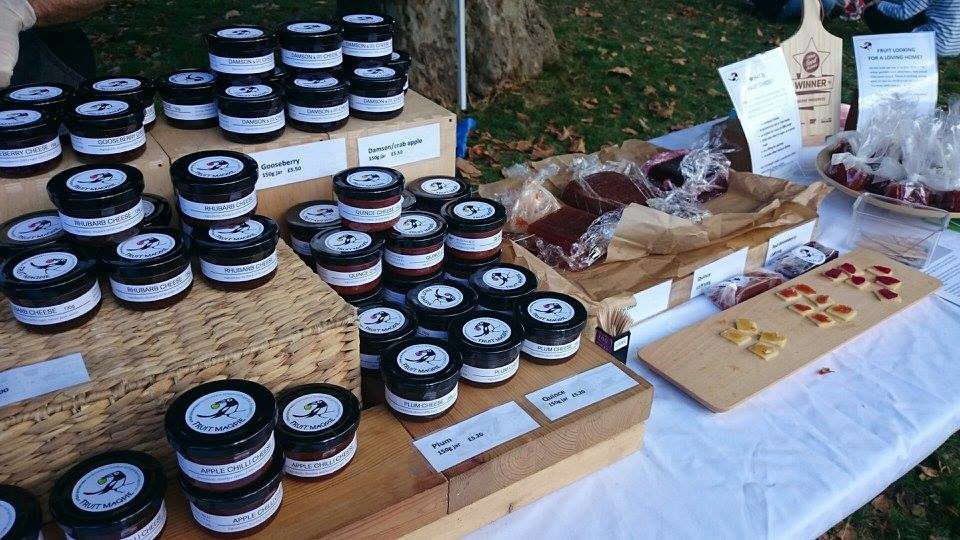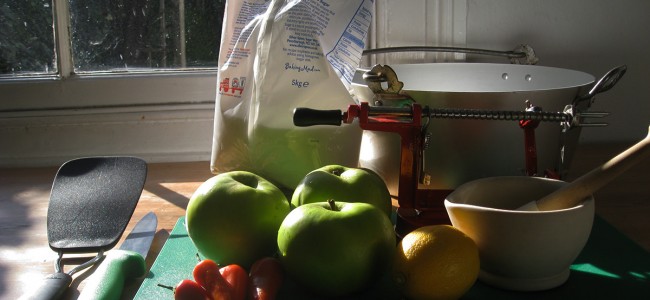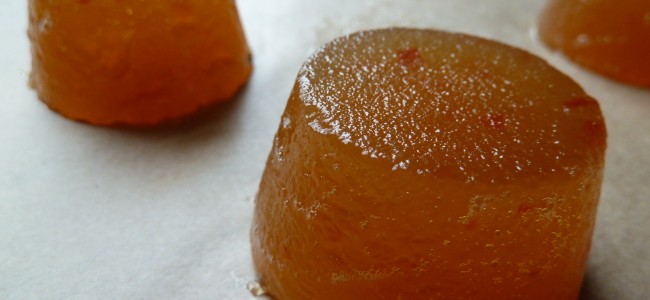A fruit cheese story with food waste message.
In her article “Magpies don’t like shiny things”, science writer and editor Sarah Zielinski writes, “Magpies deserve our apology. Apparently humans have been unnecessarily maligning the birds for centuries. They actually aren’t attracted to shiny things, and they’re probably not thieves, Toni Shephard and colleagues at the University of Exeter report in the August Animal Cognition.” Well if Magpies are upset about this myth associated with them, they would be more than happy to know that they are absolved of all charges, and they are the name behind a venture with which gives their “so-called” hoarding tendencies a positive light. Meet Hazel Griffiths, the founder of “Fruit Magpie”- a UK based venture, which makes fruit cheese (yes you heard that right!).
During one of my digital meanderings, I found the website of Fruit Magpie. I was immediately interested in the product and the story behind. Food ventures that have a strong local impact, often send out the most powerful messages on food related issues- quite simply because they have a direct connect with their audience.
I was elated when Hazel responded to my email and was kind enough to agree on a Skype call to talk about her venture and being a “Magpie” with a mission.

The 20 year old Quince Tree
“I live in Tottenham, North London. It’s a very urban area. With my background in horticulture and landscape, I was keen to live in a place with a lot of garden space, where I could do my own gardening. About 20 years back, I planted a quince tree in the garden. What I really didn’t think through was that I would be here for so long and that this tree would give so much fruit. We just finished the pick for this year, and it is over 130 kilos from that one tree. I have always been aware of waste of any kind. When I first got so much fruit, I tried giving some away; tried selling some of the fruits, but I was still left with plenty. That is when a friend of mine suggested that I should make quince cheese out of it.” And, that it how it all started.

The cheesy fruit
Having never tasted quince cheese I really wished at that point that Skype had a “transfer food” call button. But no, that would just remain on our “insane things to wish for” list. But for some perspective, imagine your jams being slightly firmer, a bit sharper and completely smooth. Got it? Now over to the expert. “ It is a very traditional preserve. It is associated with Spain and Portugal where they eat it a lot. The cheese part of the name refers to the texture. The preserve starts with fruit puree, so it has a very smooth finished texture. As it is almost exclusively eaten as an accompaniment to savory food (cheese mainly, but also meat), it is also sharper than a traditional jam.”
Quince cheese is also called as “Membrillo or Quince paste”, and in Spain, it is often eaten with Manchego cheese. A fruit cheese is essentially made using fruit, sugar and lemon juice. Simple? Not really!
The venture
Hazel shared her quince cheese with a local cheese maker. “They loved it. They absolutely loved it. They asked me if I could make some more of it. At that point, I had not even thought of making it commercially, but this really got me going.”
While the traditional forms of fruit cheese are made with fruits like quince, damsons and medlars, the process of cheese making got Hazel thinking about the number of fruits that could be preserved this way and could address the issue of wastage. “If you look at it, high pectin, high acid cooking fruits are most suited to this process. So many of the urban gardens have fruit trees in them, and it is almost inevitable that a lot of the fruit gets wasted. This was when I realized that through fruit- cheese making, I could turn it into a product that people enjoy eating.”
While Fruit Magpie was officially launched in June 2015, Hazel had been working with the idea for almost year before that. Apart from the above mentioned fruits, she works with apples, plums and other seasonal fruits. The outlets for Fruit Magpie products have also increased over time. Beginning with the farmer’s markets, the products have now found their way to some small independent grocery stores, delicatessens and pub/restaurant menus. They are available online on nurturedfoods.com. All this in addition to people who source it directly from Hazel.

Response and The Urban Food Awards Moment
Making fruit cheese is a very time consuming process. If you take a look at the Fruit Magpie blog entries, they will give you a sneak peek into Hazel’s experiments, the laborious amount of work she puts in and the wonderful outcomes with various fruits. Consumer response, she says has been positive right from the beginning. While many people have re-discovered fruit cheese through Fruit Magpie products, those who have only eaten commercial variants have come back to Hazel for more, as they could easily tell the difference. As Hazel puts it quite simply, it was this positive response that made her step into the world of food entrepreneurship.
Fruit Magpie won the “Proper Preserves” award at the 2016 Urban Food Awards in London. A joint venture between the Mayor of London, Borough Market and the London Food Link, The Urban Food Awards encourage sustainable, ethical and small scale food enterprises with a social impact. Talking about the award ceremony, Hazel shared that she was immensely happy that the judges liked her product and she really enjoyed connecting with other food ventures. “We might all be in the same business, but we are working towards similar goals. It was wonderful to witness the mutual support and to see the significant work other food ventures are doing.Business is not always as cut throat as people imagine it to be.”
The Future
Hazel currently runs Fruit Magpie from her home in Tottenham, but she says she would love to expand because that would mean creating a bigger impact on the issue at hand. As much as she would like to grow her business, she is also interested in setting up a social enterprise that will re-distribute unused fruits to where needed.
On the issue of food wastage, Hazel says that her entrepreneurial journey has introduced her to many other ventures who are working on different aspects of this issue. This collective approach, she feels, is necessary. With Fruit Magpie, she has observed that people come forward not just for the product, but also to share the fruits from their gardens because they know it will be well utilized. Fruit Magpie products have labels which indicate the fruit source. This makes the product more relatable and the issue more relevant.

Despite having achieved so much in such a short amount of time Hazel says its just the start. “I am not even scratching the surface. There is so much more that I want to do.” As I wrap up the interview, we chat for a bit about similar products across countries, and I tell her about the mango candies that I bought at a food exhibition, a few months ago. Such is the language of food that it connects people no matter where they are. Thanks to this beautiful language (and technology of course), that I am able to share this inspiring journey of one person trying to save fruits-one cheese at a time.
For more information about Fruit Magpie do visit http://fruitmagpie.co.uk/
All Images Courtesy Of Fruit Magpie
